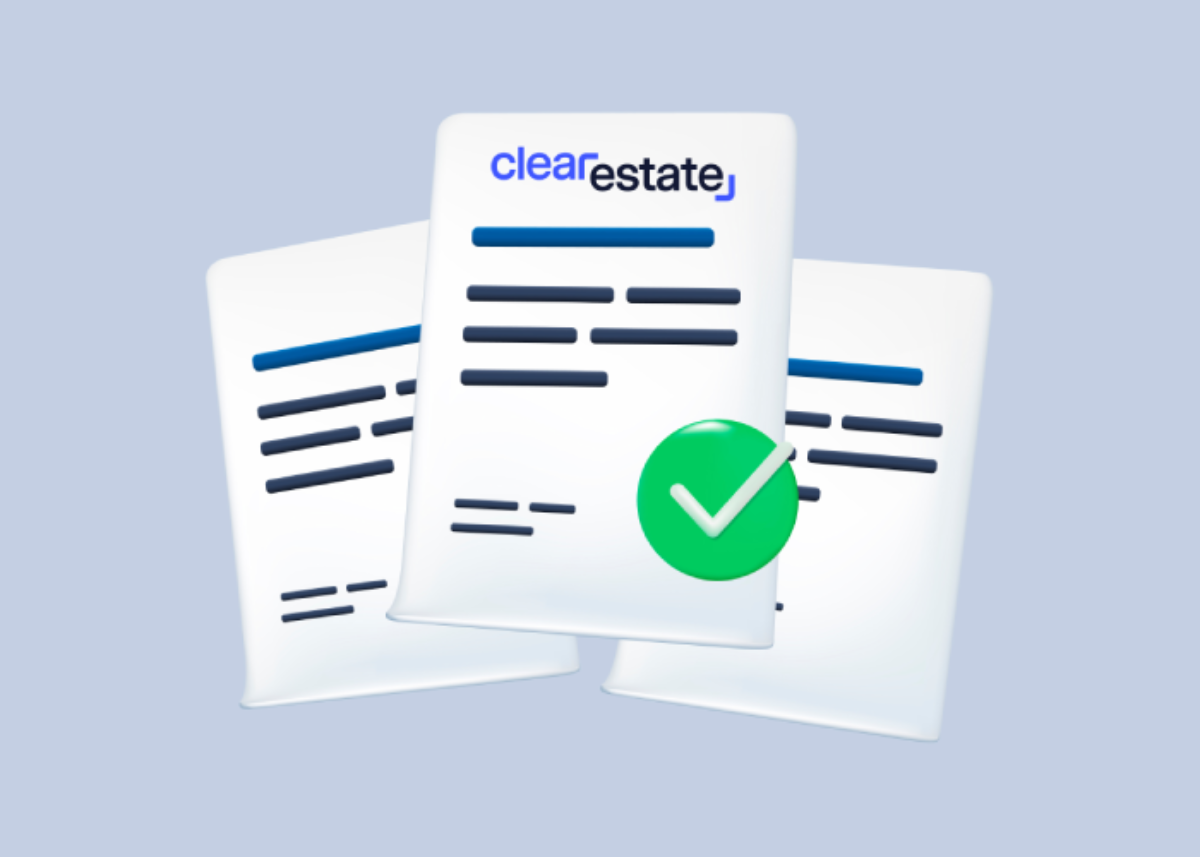Estate Settlement
May 01, 2025
What to Do When Someone Dies in California
Follow this step-by-step guide to navigate legal duties, probate, and estate tasks with clarity and confidence.
A Successor Trustee can have a range of fiduciary responsibilities and deciding how to administer a trust is no easy task. Here is a quick guide to keep you on track.


Article Contents
Losing a loved one–or seeing them become unable to make decisions for themselves–is a heart-wrenching experience.
In addition to such a harrowing experience, if your loved one had a trust in place, in which you were named the successor trustee, you now have to deal with complex decisions and fiduciary duties.
But, what exactly is a Successor Trustee, and what are their duties?
Generally, the Successor Trustee’s duties will be defined by the Declaration of Trust, local law, and whether the Grantor of the trust has passed away or is incapacitated.
Additionally, the Successor Trustee is held to these fiduciary duties according to the trust, and thus must act for the interests of the named beneficiaries; not themselves.
The Successor Trustee must act prudently with the assets of the trust, not delegate their duties, enforce or defend claims brought against the trust, avoid conflicts of interest, and keep the property of the trust separate from their personal property.
If these duties are not followed, the trustee may be removed or suspended from their position, and this may also result in a surcharge.
Here are some of the key steps required when a Successor Trustee needs to administer the trust.
Once appointed to their role, the Successor Trustee should take the following steps to ensure proper administration of the trust:
In cases where the Grantor is incapacitated, similar guidelines apply. The Successor Trustee still maintains the same obligations and fiduciary duties as before, but there may be a slightly different set of duties laid out in the declaration of trust. In addition to following the above steps, you should also:
The trust itself may or may not outline a compensation plan for the Successor Trustee. Regardless, the trustee has a legal right to be paid “reasonable” compensation for their efforts in managing and administering the trust.
If the declaration of trust does have a compensation plan in place, the trustee will typically be remitted payment as per those guidelines. However, because it is ultimately up to the trustees to decide exactly what “reasonable compensation” entails, disputes may arise as to whether the trustee is paying themselves fairly.
Regardless of the payment schedule indicated by the trust, or lack thereof, it is prudent to view your compensation as payment for your duties; not an excessive benefit to you personally.
The simple answer is this: a Successor Trustee administers and manages assets (property, funds, investments, etc.) for a trust, whereas an Executor manages the same for an estate pursuant to a will, not a trust.
To be more specific, Successor Trustees are nominated through a trust while Executors are appointed via the deceased’s last will and testament.
Although the two roles are different in their own ways, there are many common instances where the decedent has a will and a trust that name the same person to act as both the Executor and the Successor Trustee.
In short, yes. It is entirely legal to name a beneficiary of the trust the Successor Trustee as well. This happens quite often with family trusts.
Briefly, an irrevocable trust is one whose terms cannot be changed once they are officially validated. In contrast, revocable trusts do have the option of being adjusted, but only while the trustee(s) is alive.
A trustee can legally withdraw funds from the trust regardless of whether it is revocable or not. However, these funds must be taken out with the understanding that they are to be used for non-personal expenses, such as:
As we’ve seen, trying to manage a trust as a Successor Trustee is no small feat. From understanding your fiduciary duties to following all the complex steps to administer the trust appropriately, it is easy to become overwhelmed. At ClearEstae, we pride ourselves on being trust management experts so you don’t have to be. Contact us and let’s get you the peace of mind you deserve.
 Simplify Probate Today
Simplify Probate Today
Get expert guidance from our specialists who've helped 10,000+ families.
Book a free consultation